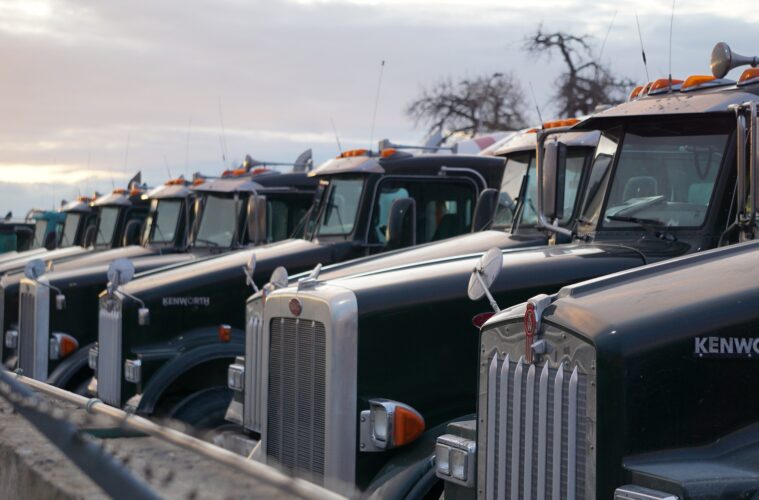When driving your commercial truck, one thing you want to avoid at all costs is leaking fluids like gases and liquids. To prevent this scenario, manufacturers depend on various types of rubber seals. These seals get fitted in equipment responsible for transmitting fluids.
But how do you know the right rubber seals to select? Read on to learn four tips you should consider when choosing rubber seals for heavy commercial trucks.
1. Know the Dimensional Requirements
Your rubber seal needs to get compressed between mating surfaces for proper sealing. The resulting deformation from the compression helps to prevent fluid leakages.
Choose a rubber seal whose cross-section is larger than your gland depth. Doing so ensures you get the proper compressive force and deformation. When the two surfaces are pressed together, the rubber seal will compress and exert similar, but opposite forces at your seal’s top and bottom ends.
2. Check the Temperature and Pressure
With time, prolonged exposure to high temperatures will wear out your rubber seal materials. Excessive heat makes it swell and harden. As a result, you get permanent deformation.
On the other hand, frigid temperatures can shrink your rubber seal materials. So, you’ll likely encounter leakages after losing seal contact. You might also experience inadequate compressive force after the rubber compound stiffens.
Ensure the rubber seal materials you choose can tolerate the temperature ranges of your environment. Besides, consider the length of exposure. For instance, find out if you can endure the temperatures in short or sustained intervals.
Varying pressures will push the rubber seals toward the low-pressure zone of the gland. So, the rubber seal becomes distorted against the gland wall. This blocks the gap between the compressing surfaces and forms a positive seal.
Significantly high pressures will make the softer rubber seal materials protrude into the diametrical gap. As a result, you’ll experience total seal failure and leakages.
3. Research the Chemical Resistance
You’ll need to keep in mind the rubber seal material’s resistance when coming into contact with specific chemicals. Some fluids will react negatively with various materials but with minimum to no effect on each other.
You may find a material like Nitrile extremely resistant to petroleum-based oils and fuels. Avoid using Butyl for its poor resistance in applications involving hydrocarbon solvents.
4. Find the Right Rubber Seal Manufacturer
Looking for an authentic rubber seal manufacturer is vital if you want to witness the material success of your project. So, you’ll need to find one experienced in producing rubber seals for heavy commercial trucks.
It’d help to select a manufacturer with an established design, inspection abilities, and testing capacity. That way, you’re guaranteed that the product you want to buy is dependable and high quality.
You can seek referrals from your automotive technician or your colleagues in the commercial trucking field. Also, check online reviews and ratings to ensure you buy rubber seals from a reputable manufacturer in the industry.
Rubber seals come in an array of material compositions with their fair share of pros and cons. Consider the tips discussed above to help you choose the right rubber seals for heavy commercial trucks.

